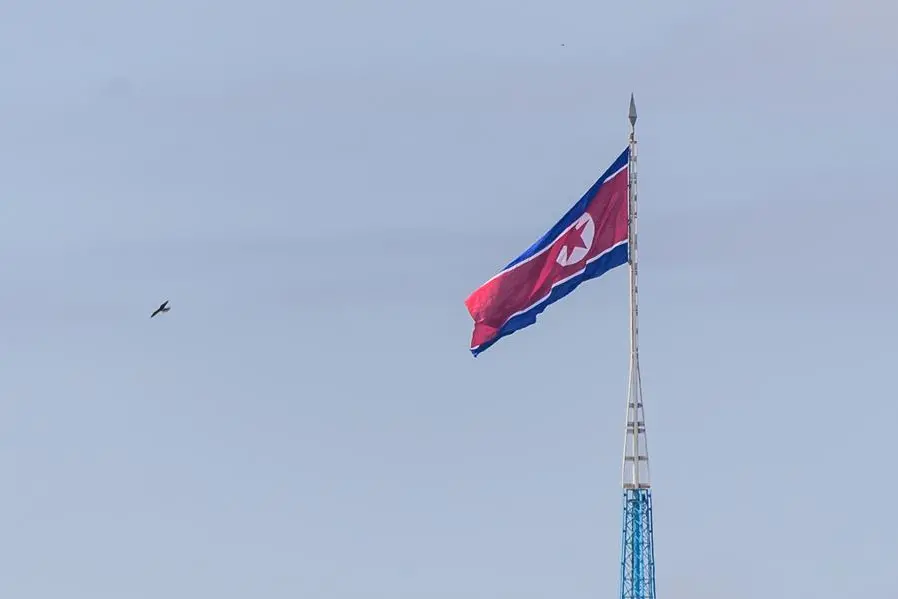PHOTO
North Korea warned Saturday it would "destroy" US spy satellites if Washington tries "any attack" on its space asset, after Pyongyang launched its first military eye in the sky last week.
A spokesman for the North's defence ministry said it would consider such a move a "declaration of war", according to a statement carried by the state-run Korean Central News Agency.
The statement came after a US official's remark that Washington "could deny an adversary's space and counterspace capabilities... using a variety of reversible and irreversible means", referring to the North's successful spy satellite launch in late November.
The US military could undermine the "effectiveness and lethality of adversary forces across all domains", Sheryll Klinkel, a spokesperson at the US Space Command, told Radio Free Asia this week.
On Saturday, Pyongyang threatened to "destroy" US spy satellites if Washington "tries to violate the legitimate territory" of North Korea, referring to its satellite programme.
If the United States attempts to breach its space rights, the North's defence ministry spokesman said his country "will consider taking responsive action measures for self-defence to undermine or destroy the viability of the US spy satellites".
North Korea is barred by successive rounds of UN resolutions from tests using ballistic technology, and analysts say there is significant technological overlap between space launch capabilities and the development of ballistic missiles.
Experts have said putting a working reconnaissance satellite into orbit would improve North Korea's intelligence-gathering capabilities, particularly over South Korea, and provide crucial data in any military conflict.
Since last week's launch, the North has claimed its satellite has already provided images of major US and South Korean military sites.
It has not yet disclosed any of the satellite imagery it claims to possess.
The North's launch of "Malligyong-1" was Pyongyang's third attempt at putting such a satellite in orbit, after two earlier failures.
Seoul has said the North received technical help from Moscow, in return for supplying weapons for use in Russia's war with Ukraine.





















